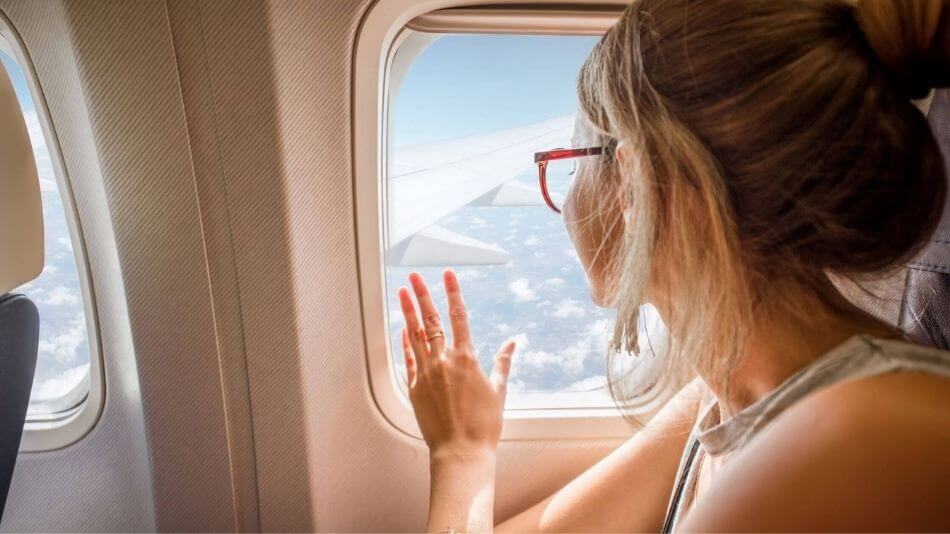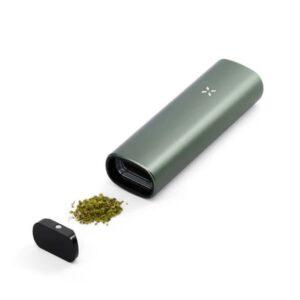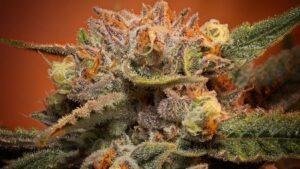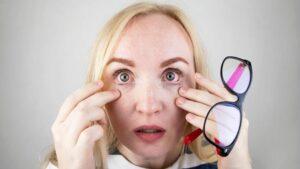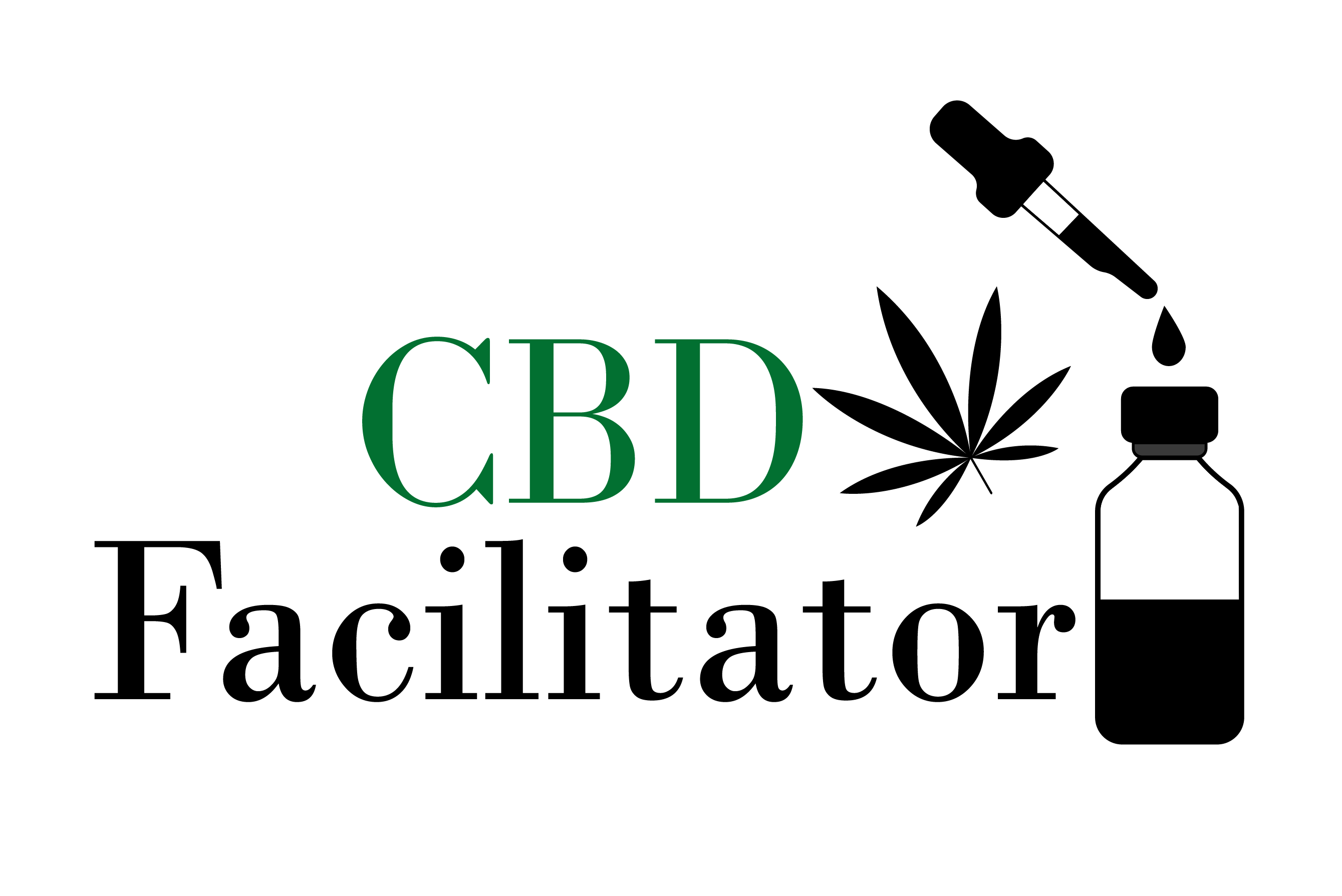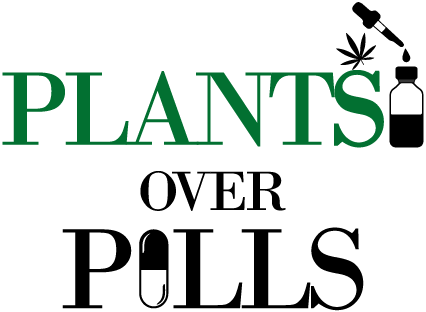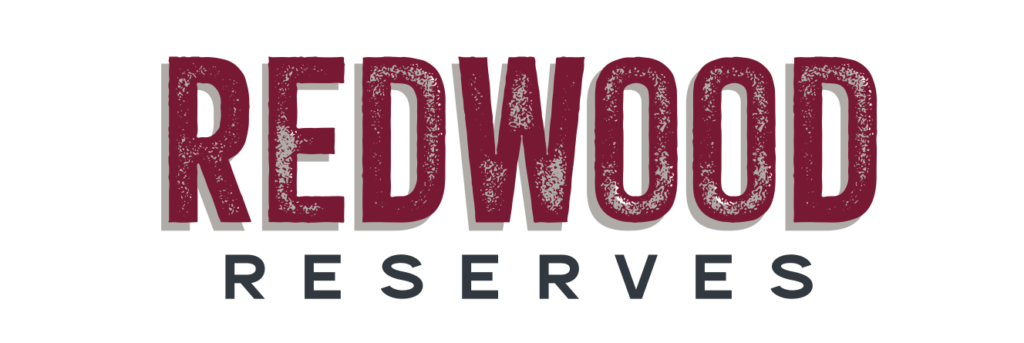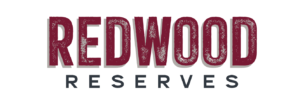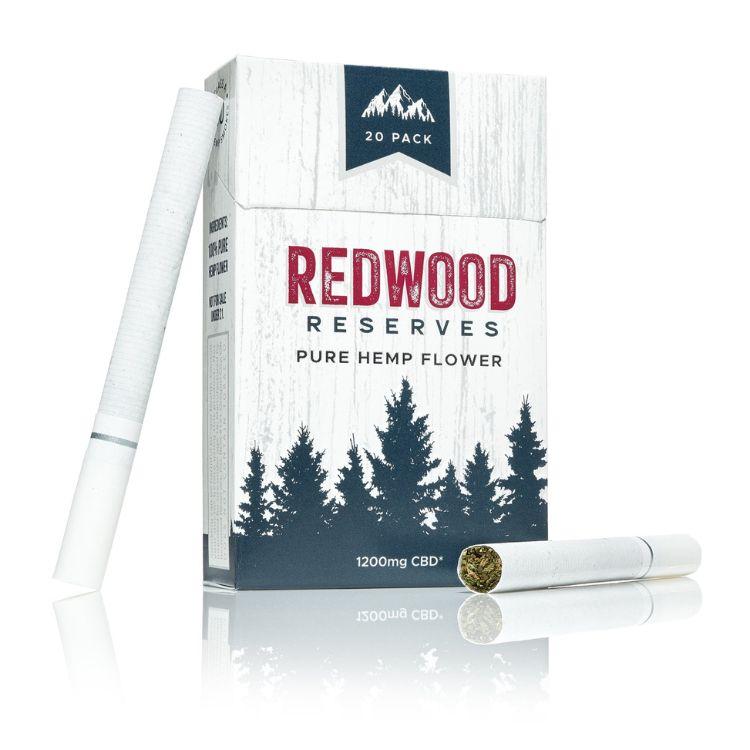CBD use can be extremely beneficial while traveling, but can you actually get on a plane with CBD flower without getting in some hot water?
You can fly between states in the U.S. while carrying CBD flower. However, seemingly legitimate CBD flower may often be illegal and contain more than 0.3% THC, so TSA agents and law enforcement officials may have trouble distinguishing between the two. Additionally, international travel can be tricky, as few if any countries have the exact same laws as the U.S. regarding CBD’s legality or legal limits for THC contents.
The nuances of these guidelines can be difficult to grapple with, so read on to figure out your best course of action if you’re interested in travelling with CBD on your person.
Why It’s Better Than the Rest
- Premium Dispensary Grade – Grown Indoors
- 100% Organic, No Pesticides, No Additives
- Bi-Weekly Harvests Ensure the Flower Is Fresh
- Wide Variety of Strains to Choose From
What are the TSA guidelines for CBD flower?
The TSA guidelines for CBD products, including CBD flower, are as quoted:
“Marijuana and certain cannabis-infused products, including some Cannabidiol (CBD) oil, remain illegal under federal law except for products that contain no more than 0.3% THC on a dry weight basis or that are approved by the FDA. TSA officers are required to report any suspected violations of law to local, state or federal authorities.
TSA’s screening procedures are focused on security and are designed to detect potential threats to aviation and passengers. Accordingly, TSA security officers do not search for marijuana or other illegal drugs, but if any illegal substance is discovered during security screening, TSA will refer the matter to a law enforcement officer.”
Essentially, the TSA is reaffirming that some CBD products, namely those with THC contents above 0.3%, are illegal and may be found during a routine search. However, at the same time, a good number of CBD products are federally legal as well as legal at the state level.
To put it simply, the TSA is not particularly interested in finding and seizing your CBD products; however, they’re obligated to take legal action if they suspect the CBD you’re carrying is breaking some sort of law. But if your CBD contains less than the federal THC level, even if they suspect it might be illegal, the most they could do is refer you and the product to a police officer, and maybe make you miss your flight.
The unfortunate thing is that legal CBD doesn’t look a lot different from illegal CBD, and sometimes even the company you’re buying from may keep the THC concentration in their product a bit under wraps. Hemp flower is a particularly big offender in this way — while it may be totally legal, it’s functionally identical to weed to the average TSA agent or local cop. Even if you’re not doing anything wrong, this could be a hassle to explain to a TSA agent or a cop.
Before flying, consider finding and printing the Certificate of Analysis (CoA) for the CBD product you’re taking with you. This is a document provided to a CBD company that details the results of lab testing, including quality and concentrations. This document should be proof that you’re flying with a legal substance in your possession, and may help eliminate some stress while travelling. If you carry a prescription for CBD products, consider bringing that along, too.
Consider avoiding full-spectrum products and instead opt for broad-spectrum or even isolates when travelling. Not only do these have a much lower risk of containing illegal concentrations of CBD, if the worst happens and you’re drug tested by local law enforcement, the lack of THC will avoid the possibility of a positive test.
Additionally, if you’re travelling between states where you know CBD is legal in both areas, consider just leaving it at home and purchasing more when you arrive at your destination. While it may sound like a bummer or a waste of money, places carrying CBD products are relatively common now, and for some it’s a better bet than hoping no TSA agent finds your hemp flower and delays you enough to miss your flight.
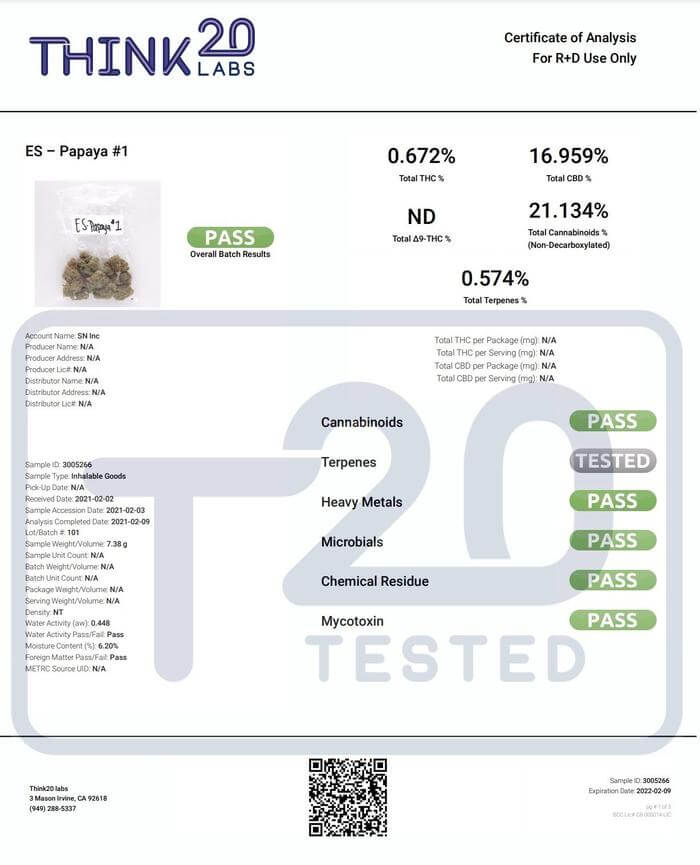
Is CBD flower legal in all 50 states?
If you’re wondering whether or not you’re in the clear with your CBD when you hit the ground after flying nationally in the U.S., the answer is no, as CBD flower is not legal in all 50 states. While the 2018 farm bill federally legalized the cultivation, production, and sale of hemp products (as defined as containing less than 0.3% THC), local laws in some states may either explicitly legislate against the sale, possession, and use of CBD products or have some conflicting gray areas that make its legality unclear.
States where CBD is illegal include:
- Idaho
- Mississippi
- New Hampshire
- South Dakota
- District of Columbia
States where the legality of CBD is unclear include:
- Alabama
- Indiana
- Louisiana
- Texas
- Ohio
- Delaware
- Nebraska
- Hawaii
Pay attention if you’re travelling to or from these states, as the possession or use of hemp can unfortunately get you in some legal hot water. Additionally, attitudes towards hemp will vary locally. Even different police departments in different cities might have different municipal standards on how to approach confiscating or causing problems around CBD.
It’s also important to pay attention to your local laws as they change. CBD is a relatively new compound that is non-psychoactive, and new uses for it are found with every new study that’s conducted, so it is not unlikely that legislation will change to be much more forgiving towards CBD users.
Pax Plus Handheld Vaporizer
- Duel-Use: Enjoy Flower or Concentrates
- Portable, Discreet, and Easy to Use
- Available in 4 Colors
- 2+ Hour Battery Life
Can you fly with CBD flower internationally?
While it may be tempting to take a small amount of CBD with you on an international flight, experts wouldn’t recommend it unless you’re very familiar with the country you’re travelling to and their attitudes on CBD. Different countries often have subtly varying feelings on CBD and its legality — some may ban all marijuana and hemp products, while others may opt instead to allow for CBD to be purchased and sold, so long as the THC content is low (though often at a different percentage than American consumer CBD, which can present some problems).
For instance, CBD is legal in France, but THC concentrations must legally be 0%, meaning that only isolates would be permissible. In other countries in the EU, the THC percentage may jump to 1% or 2% or 3%, and in some countries the possession of any CBD is completely and totally illegal.
You’ll run into the same trouble you might have encountered when travelling domestically, but the stakes will be a bit higher, and the laws might not be as friendly where you’re headed. Make sure to familiarize yourself with legal guidelines for the possession of marijuana in these countries, too, to make sure you know whether or not your hemp flower being mistaken for weed will be a problem (although again CBD flower could cause a problem with even domestic law enforcement, so probably best to not even risk it).
Again, it’s best to mitigate these risks entirely by travelling with a legitimate-looking, well-sourced, CoA-having CBD product with no THC in it. In a country where CBD is legal but legally scrutinized, a friendly and wholesome-looking product can help take the edge off a little bit.
Takeaway
While travelling with CBD may sound like a great idea to induce a good mood and a calm feeling, it may present some problems if you’re not diligent. Pay attention to regulations as you travel and opt for more legitimate-looking packaged products to avoid any potential confusion.
If you’re looking to find the right CBD product for you when travelling, consider browsing CBD Facilitator’s CBD directory in order to find the right option for you. There, you can find a myriad of isolated and broad-spectrum products that can help you avoid the fuss and confusion of THC while still offering the great benefits of soothing CBD.
Secret Nature Indoor CBD Flower
✔️ Premium Dispensary Grade – Grown Indoors
✔️ 100% Organic, No Pesticides, No Additives
✔️ Immaculately Trimmed & Manicured
✔️ Wide Variety of Strains to Choose From
✔️ Bi-Weekly Harvests Ensure the Flower Is Fresh
✔️ Smell Proof Hermetically Sealed Container
Redwood Reserve Sun Grown CBD Flower
✔️ 3.5g or 7g Jars
✔️ Grown With Soil, Sunlight, Water…& Nothing Else
✔️ Three Delicious Strains
✔️ Carefully Cured in Wooden Barrels
✔️ Broad Terpene Profile for More Flavor
✔️ Grown On a Small Family Farm in Oregon
